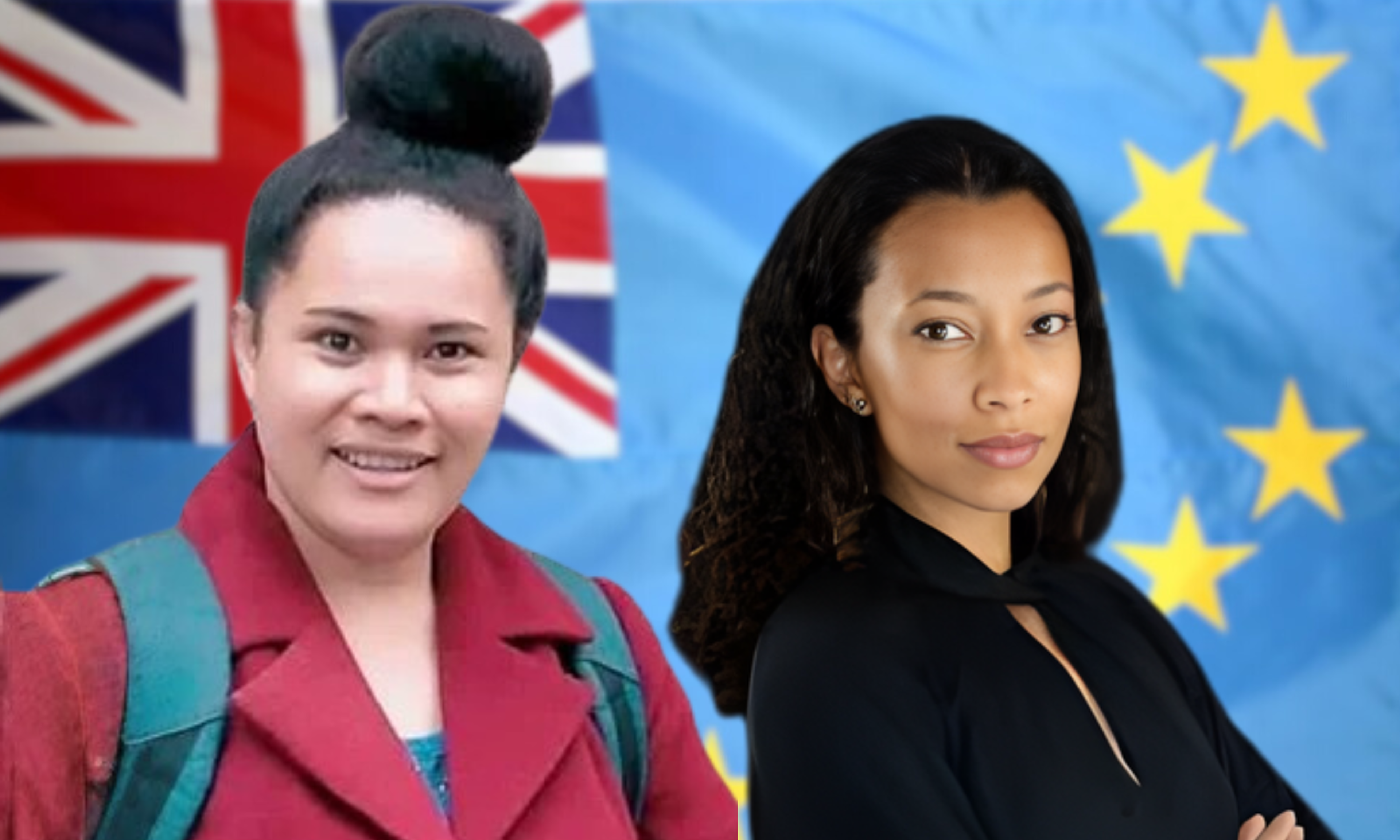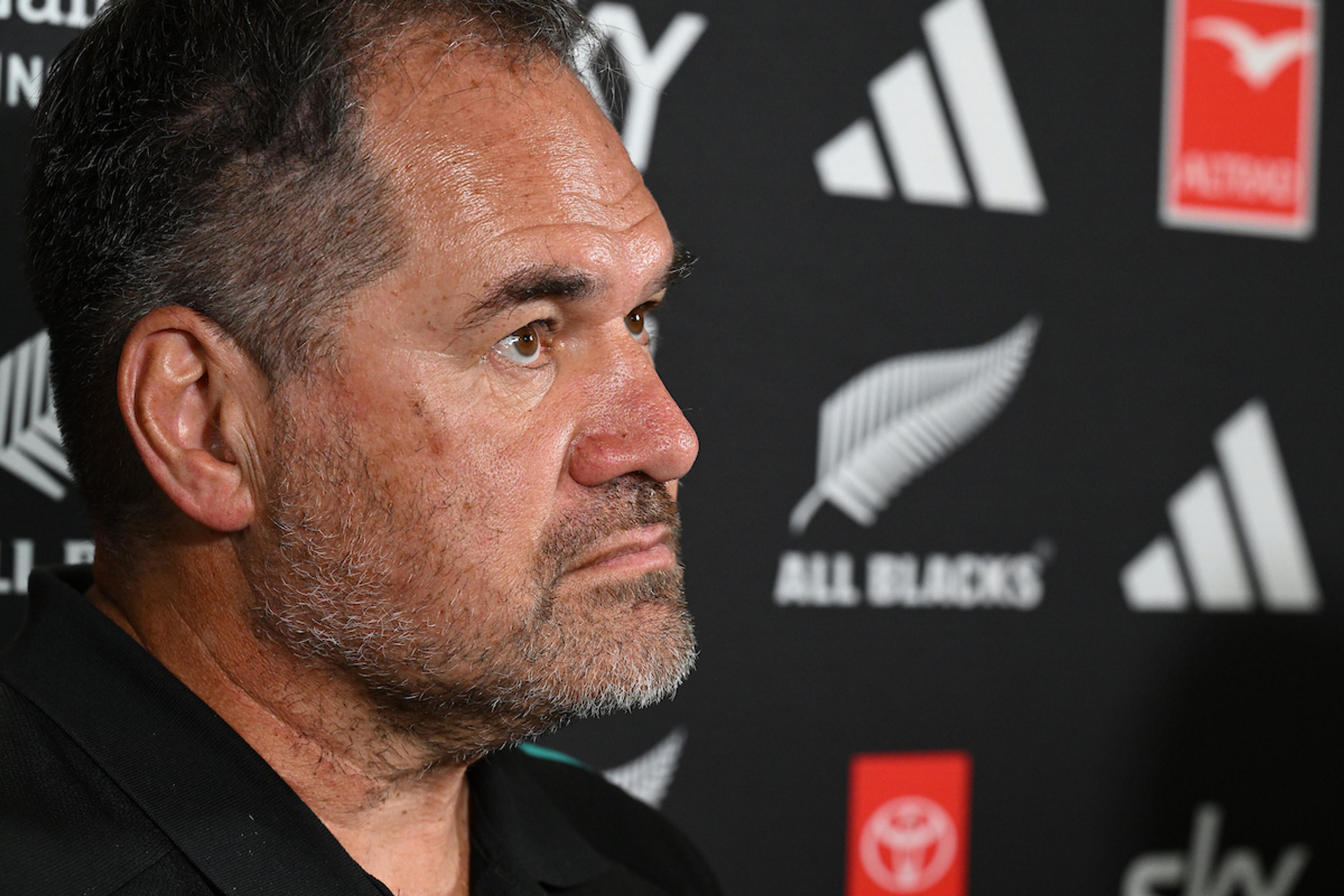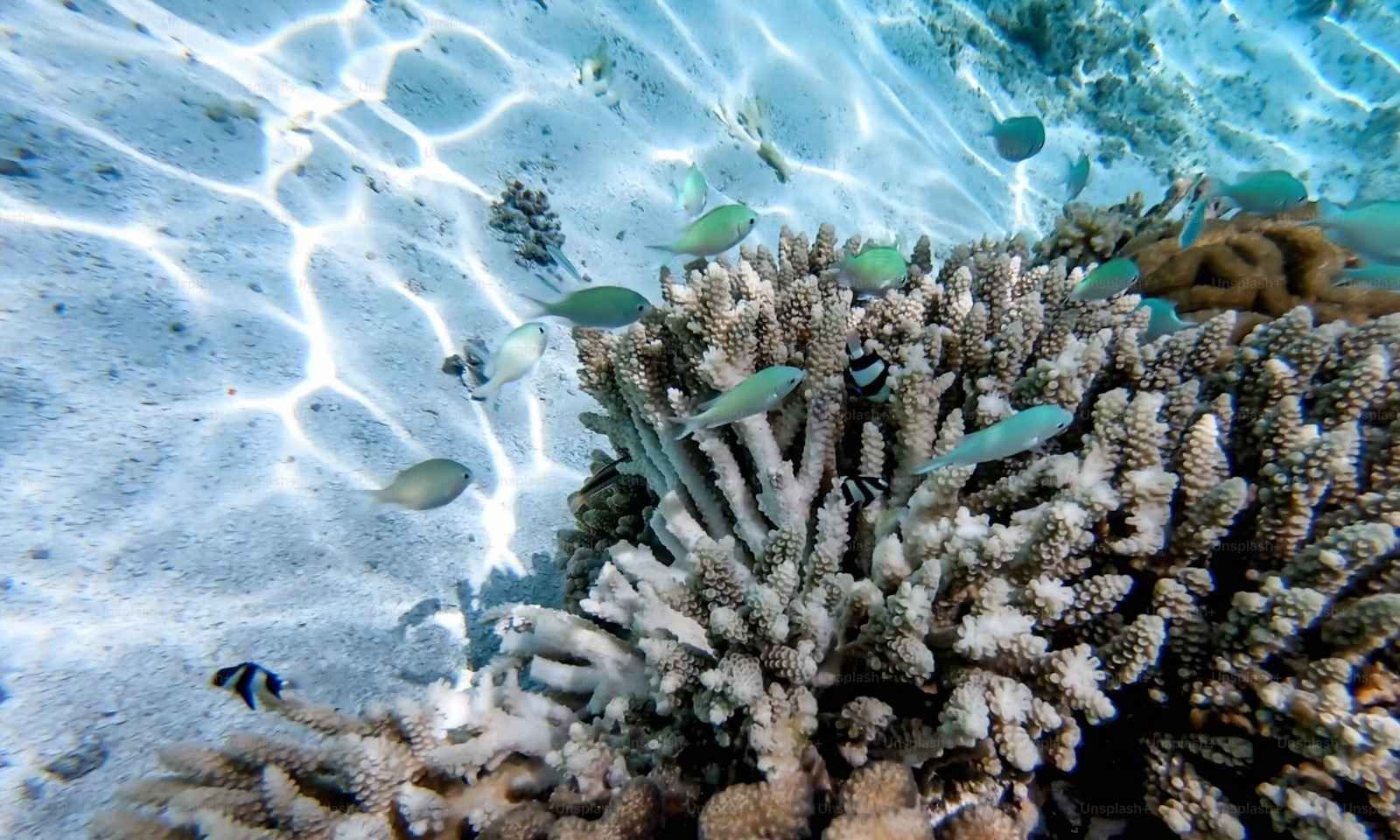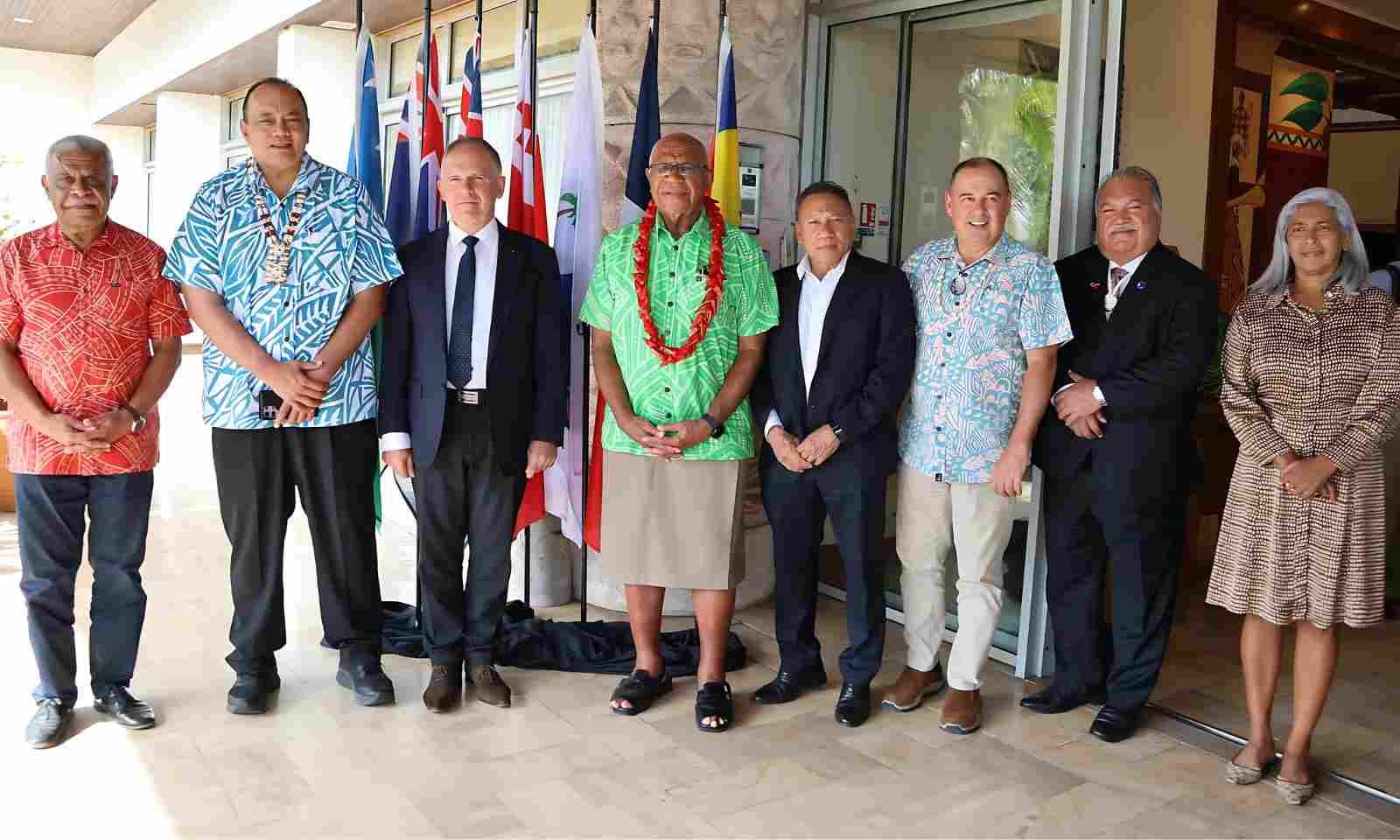

Will the Apia Commonwealth Ocean Declaration make any material difference for Pacific nations combating climate change?
Photo/Unplash
CHOGM Ocean Declaration a ‘little underwhelming’
Dr Sione Tekiteki, of Auckland University of Technology, says while there are positives in the document signed by Commonwealth leaders, a lot is lacking within the text.


Realm relations in focus as Tokelau-NZ marks 100-year history


Dave Rennie becomes first All Blacks coach of Pacific heritage


Realm relations in focus as Tokelau-NZ marks 100-year history


Dave Rennie becomes first All Blacks coach of Pacific heritage
The recent signing of the Apia Declaration has marked a significant milestone for global marine conservation efforts, but questions remain about its effectiveness.
The Apia Commonwealth Ocean Declaration was adopted by all 56 member nations at the Commonwealth Heads of Government Meeting (CHOGM) in Sāmoa.
The agreement aims to protect at least 30 per cent of the ocean while restoring 30 per cent of degraded marine ecosystems by 2030.
It also addresses the preservation of national maritime boundaries in response to rising sea levels.
However, Speaking to William Terite on Pacific Mornings, Auckland University of Technology senior lecturer, Dr Sione Tekiteki, highlighted his concerns about the declaration's limitations.
Tekiteki pointed out particularly the need to maintain global warming below 1.5 degrees Celsius in combatting climate change.
"If you look at some of the Pacific positioning in the last couple of years and you compare that to the declaration, specifically around the 1.5 degree threshold, it is a little underwhelming," Tekiteki said.
"Leaders have for the last three to four years highlighted the need that we stick to the 1.5 degrees threshold to be able to tackle the issue of climate change.
"The declaration touched on the issue of preserving maritime zones but it did not say anything around the issue of the continuation of statehood in the face of sea level right.
"It's more around that but don't get me wrong there are certain things in there that is very positive."
Watch the full interview via 531pi's FB below:
Another criticism Tekiteki has is the absence of robust measures for tackling pressing marine threats like deep-sea mining.
“Within the Pacific itself, countries have different national positions as it pertains to deep-sea mining.
"So, there's an issue specifically for the Pacific to try and find at least some sort of common ground.
"It's probably one of those issues that at the moment, it's more polarising than it is bringing Pacific countries together in terms of a regional position."

The ocean plays a vital role for many in the Pacific. Photo/Unsplash.
Forum Troika-plus trip to New Caledonia
Tekiteki also discussed his recent trip to New Caledonia, where he joined a Pacific delegation led by Tonga's Prime Minister Hu'akavameliku Siaosi Sovaleni, Cook Islands Prime Minister Mark Brown, Fiji Prime Minister Sitiveni Rabuka alongside other ministers and officials.
Tekiteki said it was an opportunity to demonstrate specifically to the people of New Caledonia the support the "Pacific family" had regarding the unrest.
"And secondly was to hear the information from respective stakeholders,” he said.
"Within the next couple of weeks, work will be done to consolidate that information and report back on that including to Pacific Islands Forum leaders."
Although the territory is relatively stable, he noted “deep-rooted issues” that need resolution to maintain that stability.

From left, New Caledonia President Louis Mapou, PIF chair and Tonga Prime Minister Hu’akavameiliku Siaosi Sovaleni, French envoy to New Caledonia Louis Le Franc, Fiji PM Sitiveni Rabuka, Solomon Islands Foreign Minister Peter Shanel Agovaka, Cook Islands PM Mark Brown, PIF secretary-general Baron Waqa, and France's special envoy to the Pacific Vēronique Roger-Lacan. Photo /Pacific Islands Forum Secretariat.
In the broader context of rising geopolitical tensions, Tekiteki advocated for Pacific unity, in the face of increased interest from global powers like China and the United States.
Tekeki says regional cooperation is crucial for maintaining sovereignty while accessing the resources needed to combat climate change.
"This is why it's so important for Pacific island Nations to stand together because as a political block, they are a mighty force.
"So by standing together, they can protect not only their own interests but they can leverage more to maximise financing coming into the region.
"The danger is that by not standing together, you lose some of that leverage.
“So, I would say if they focus on working together, coming out with strong positions on a whole lot of issues, including how they engage with China and the US it'll be better for everyone."